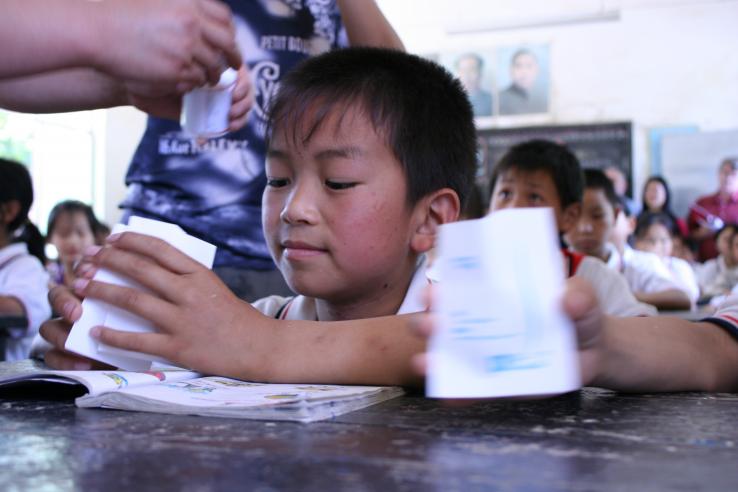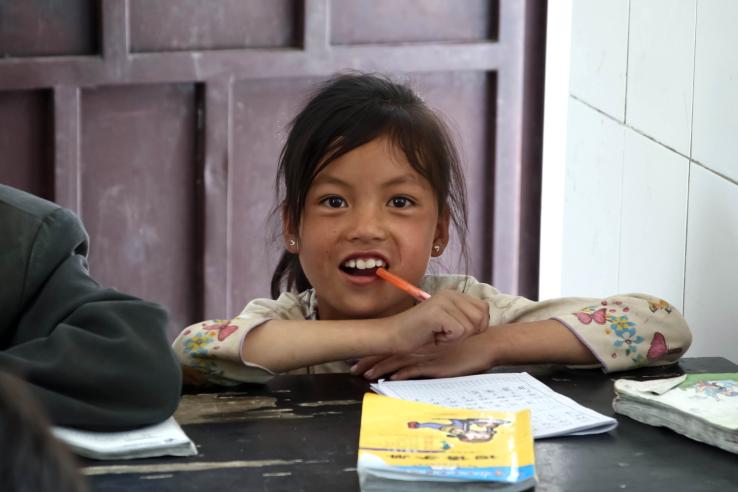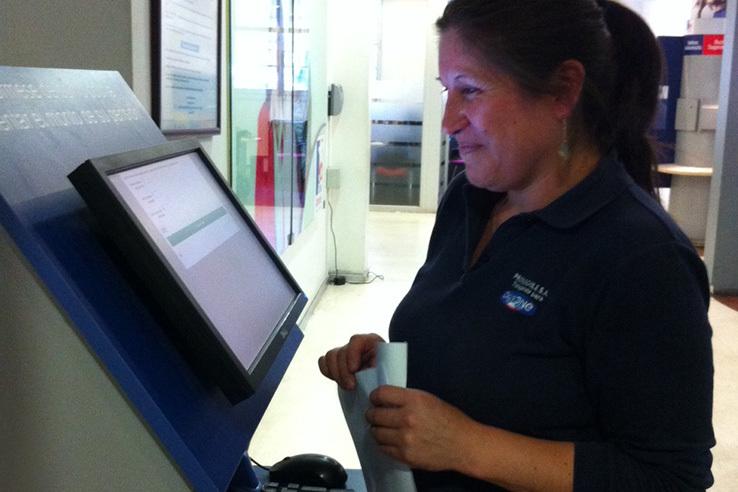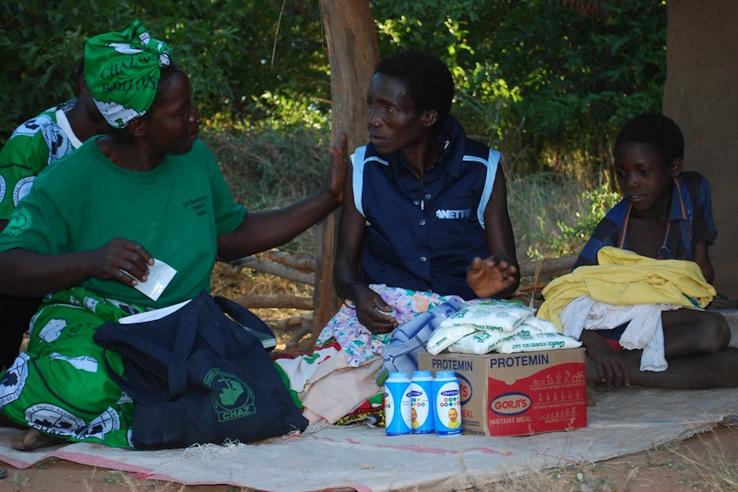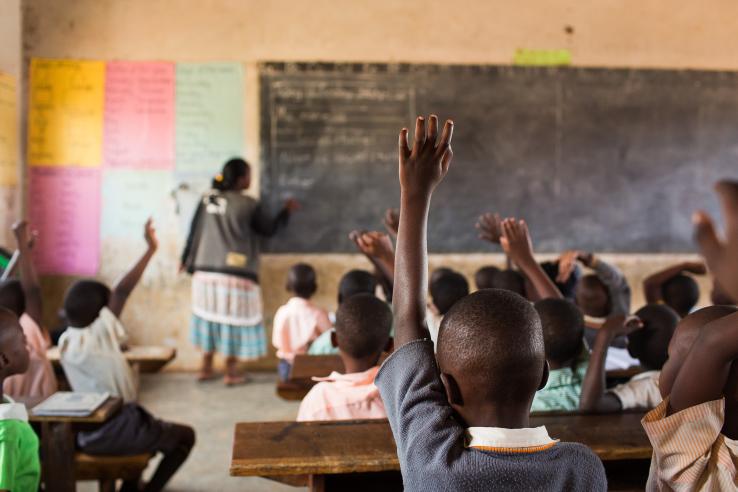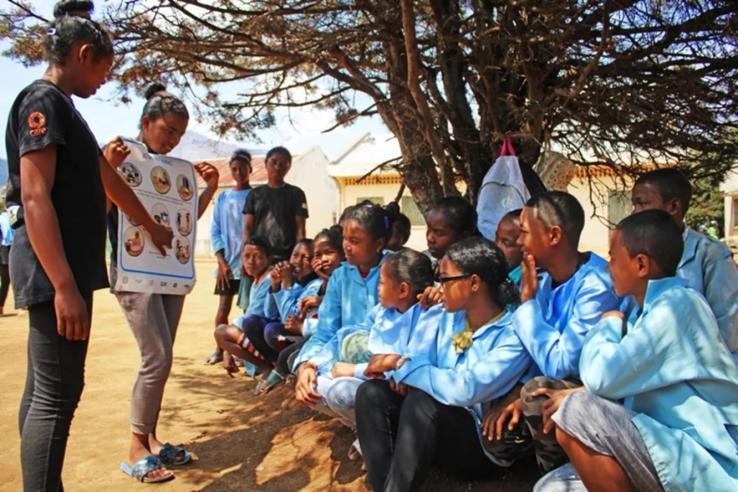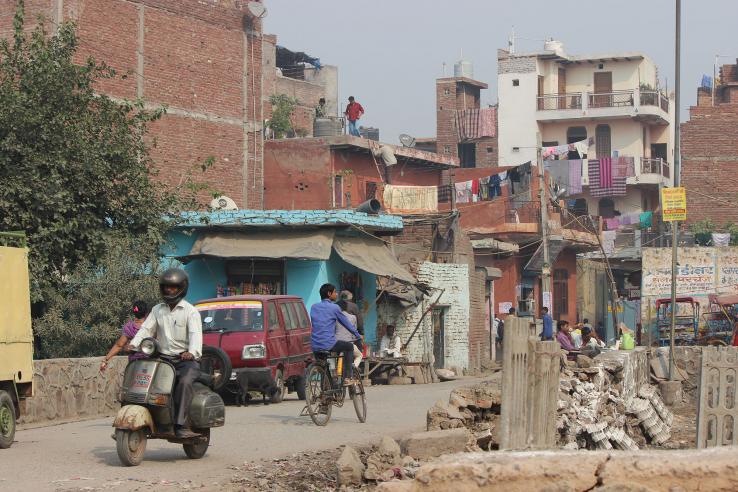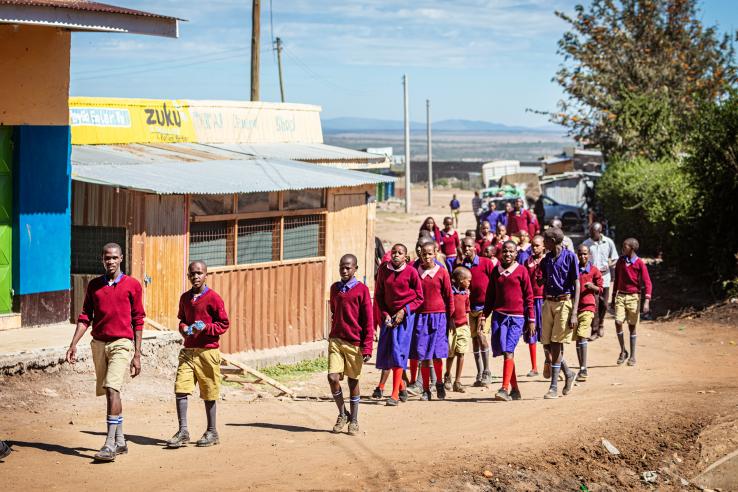Displaying 916 - 930 of 1291
Evaluation
In many developing countries, absenteeism, lack of accountability, and corruption among public employees prevent the effective distribution of public services. Researchers examined how performance incentives and increased resources for school principals affected the implementation of a school-based nutrition program targeting anemia in rural China. Large incentives and large block grants individually led to significant reductions in anemia, but when schools received a large block grant, there was no additional effect from adding large incentives.
Evaluation
Researchers examined whether a simple, inexpensive information campaign could change students’ knowledge and perceptions about post-secondary education. When exposed to an informational video, students who had been initially unsure about pursuing higher education reported expectations of higher returns to a post-secondary degree, lower concerns about costs, and also reported a greater likelihood of enrolling in a post-secondary institution. Students who had already been planning to pursue post-secondary education were more likely to believe they were eligible for grant aid.
Evaluation
Workers without social connections may be disadvantaged in the labor market because employers favor applicants who have been referred. Researchers tested three interventions in an online labor market to investigate why employers are more likely to hire referred workers. First, referrals provide a signal that workers will perform well and have lower turnover. Referred workers outperformed and had lower churn than non-referred workers with the same observable characteristics. This is true even at companies to which they were not referred. Second, being referred makes workers more productive. Referred workers were particularly productive when they work with their referrers. However, workers’ concerns about their reputation with their referrer or their referrer’s position at the firm did not lead workers to exert more effort.
Evaluation
Health education campaigns are often seen as a way to promote healthy behaviors and encourage the adoption of inexpensive life-saving and life-improving technologies. Researchers evaluated three health education campaigns for parents that aimed to reduce iron-deficiency anemia among primary school students in rural China. None of the campaigns had an effect on hemoglobin levels or anemia. In contrast, providing students daily multivitamin supplements increased blood hemoglobin levels, although it did not improve them enough to reduce anemia rates.
Evaluation
Researchers partnered with Chile’s national pension authority to evaluate the effect of personalized versus generic information, delivered via self-service kiosks at government offices, on long-term savings. People who received personalized information increased their voluntary contributions in the first year, but the impacts faded over time.
Evaluation
Researchers evaluated the impact on educational outcomes of providing enhanced vision services to low-income elementary school children. Providing vision screening and free eyeglasses significantly increased achievement in two of the three districts studied, while screening without the provision of free eyeglasses had no effect.
Evaluation
The Government of Zambia partnered with researchers to test the effect of two different recruitment strategies for a newly created healthcare position, the Community Health Assistant (CHA). One strategy emphasized career opportunities and the other emphasized the contributions one could make in the community. The evaluation found that emphasizing opportunities for career advancement led to the selection of CHAs who were more qualified, had similar community service motivation, performed better on the job, and significantly improved health practices and outcomes in their communities.
Evaluation
Researchers are evaluating the impact of a digital school fee loan, with and without a direct repayment incentive, on repayment rates, households’ well-being, and students’ educational outcomes.
Evaluation
Researchers evaluated the impact of a program addressing constraints related to hygiene infrastructure and access to sanitary products while addressing social stigma around menstruation, on girls’ learning and psychosocial well-being in Madagascar. The program led to improvements in academic learning outcomes and anxiety. Reduction in stigma and improvements in observed hygiene behaviors were larger in schools with peer leaders who were identified, trained, and coached to address these harmful social norms.
Evaluation
Researchers evaluated the impact of informing middle school teachers in Italy about their implicit stereotypes towards immigrant students on end-of-year grading. Both math and literature teachers eligible to receive feedback before the end-of-the-year grading gave higher grades to immigrant students.
Evaluation
Researchers are conducting a randomized evaluation to study the effect of changing legal penalties, along with citizens’ beliefs about these penalties, on corruption and lawbreaking in India.
Evaluation
Researchers studied the impact of providing personalized and generic information about potential savings via letters and e-mails on enrollee health plan choices.
Evaluation
Researchers are partnering with Bridge International Academies to evaluate the impact of daily quizzing on students’ learning outcomes in Kenya.
